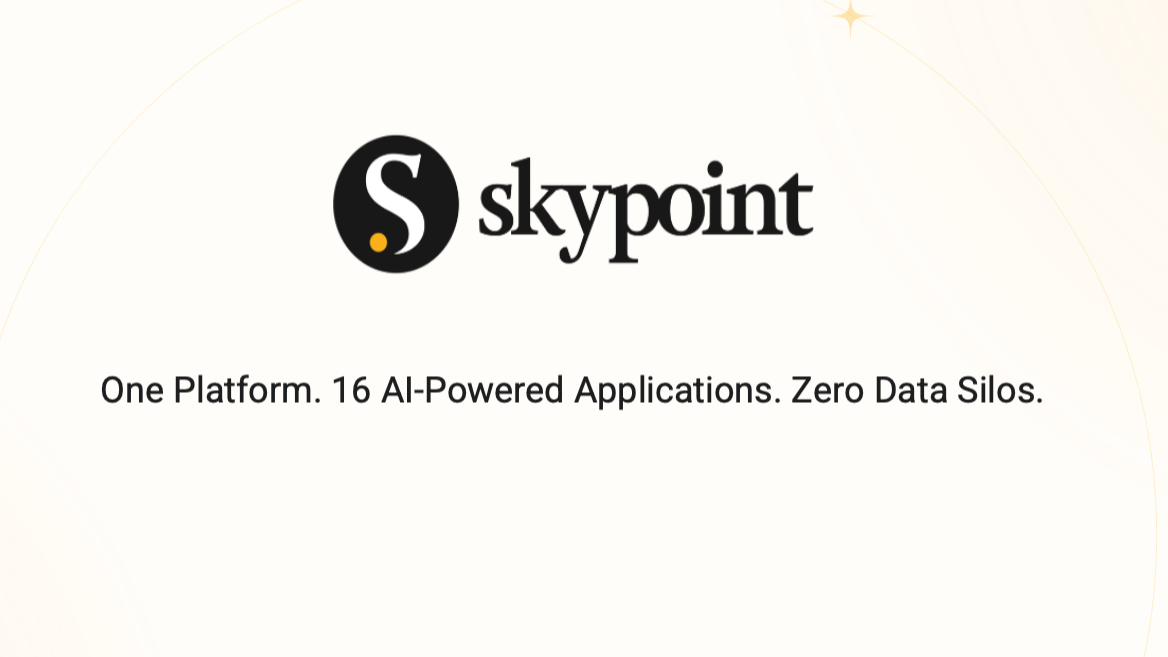The healthcare system is fraught with fragmented communication and inaccessible data across providers and clinicians.
Because Medicare recipients are among our nation’s most vulnerable populations, healthcare providers are actively looking for ways to address sources of disconnected communications and data to provide better care delivery to seniors while lowering costs.
A promising model of care includes care coordination to boost patient engagement, reduce adverse health outcomes, and improve the overall health and well-being of seniors, a population projected to consist of 20% of the U.S. population by 2030.
Find out how care coordination across teams may facilitate care, reduce costs—and when incorporating a healthcare data platform—allow your teams to make actionable decisions based on data-driven predictive insights.
Why is Care Coordination Important?
Healthcare is made up of specialties—clinical departments such as emergency medicine, family medicine, internal medicine, inpatient, and outpatient care. Healthcare is made up of clinical specialists as well, such as dermatologists, oncologists, immunologists, and the list goes on and on.
In addition, healthcare also calls on service departments that handle administrative burdens. All said and done, there is little communication and care coordination across departments and teams.
While each specialist and department execute their jobs masterfully in the diagnosing and treating of patients, there is not enough support for teams to coordinate care in a personalized way that treats the “whole patient.” Care coordination is crucial not only at the level of clinicians and administrators but on the technology side as well.
Data that informs optimal patient care is often siloed away and hidden from view between health teams. This shortcoming in free-flowing data within secured and private networks hinders the opportunity for providers to address high-impact patient concerns as it relates to health and well-being, such as social determinants of health, to improve outcomes.
The result? Less safe and less effective care for patients.
How Care Coordination Impacts Patient Outcomes
It’s intuitive to understand how care coordination across teams is of enormous consequence in how patients interact, engage, and are served by the healthcare system. Here are a few examples that demonstrate the potential impact of care coordination.
Eliminate Fractured Care
Both patient data and communication channels across teams are commonly fractured in healthcare, even within the very same health organization. Data creation in primary practice, specialty clinics, and other internal departments such as inpatient and outpatient sites do not cross “borders.”
When data is securely centralized and of the highest accuracy, teams communicate freely and patient care is more holistic and robust.
Facilitate Between Primary Clinicians and Specialists
Quite often patients may visit with a specialist and not be certain why they were referred. When care is coordinated, both primary and specialist providers are empowered to communicate with one another to coordinate not only referrals but diagnostics that may direct the course of treatment.
Additionally, when all clinicians are talking and sharing data, patients experience greater agency over their conditions and treatment decisions.
Minimize Data Loss
Due to the sheer number of points of contact and various processes unique to individual departments, loss of patient data is commonplace. When pertinent care teams have access to data that’s fundamental to the patient’s treatment and care, data loss is minimized.
Why Care Coordination is More Challenging with Seniors
The splintered healthcare system we’ve inherited is insufficient in meeting the complex needs of senior patients.
Among individuals who are 60 years or older, at least 80% have one chronic illness and 50% have two. In addition to being in poorer health than previous Medicare generations, today’s seniors often make health decisions based on limited financial means and resources, such as the inability to cover the cost of a prescription or lack of transportation to and from doctor visits.
Additionally, many seniors may require assistance from caregivers to access care and fill prescriptions. For those lucky enough to get help from family and loved ones, more effort to coordinate care for all parties involved is required, adding to the complexity.
And then there’s the multiple touch-points seniors encounter. When you consider the sheer number of health and social service providers that seniors come into contact with, it’s staggering:
- Hospitals
- Home care
- Residential centers
- Adult day centers
- Emergency departments
- Rehabilitation facilities
Benefits of Care Coordination Across Teams
When coordinated care is properly implemented and there are more opportunities for seniors to engage with their plan of care, many benefits ensue, including:
- Fewer trips to the emergency department
- Fewer hospital readmissions
- Fewer diagnostic tests which may cause undue stress
- Fewer medication errors
- Value-based care that serves the “whole” patient
- Recognizing the social determinants of health that affect the patient’s health
It’s important to remember that for many seniors, their healthcare team involves caregivers as well. When seniors experience the benefits of coordinated care, their caregivers do too.
Because communication across agencies, departments, and clinicians are so broken, coordinated care seems insurmountable. A deliberate plan to overhaul and revolutionize how care teams talk to one another is a must to improve senior health.
Solutions such as patient 360 that foster communication by unifying disparate patient data are a promising step in the right direction for healthcare teams.
Skypoint Cloud’s healthcare data platform includes patient 360, enabling coordinated care across teams with a complete view of senior patient data. Your network is able to work together to prevent avoidable ER visits, root out waste with unnecessary tests, and prevent oversubscribing with utilization and cost predictive insights built off your own unified and connected data.
Our hope is that through our platform, you will deliver coordinated care every day and long term. See how our Medicare Advantage solutions are empowering teams like yours.




